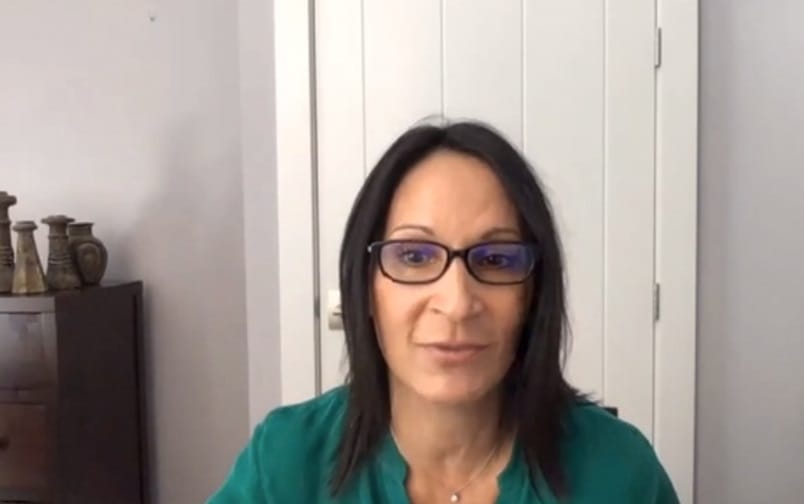Facebook and Google Are Also Participants in Broadband Public-Private Partnerships
September 23, 2020 — Localities, states, and companies are embracing broadband partnerships through public and private entities that work together in mutually beneficial ways to overcome broadband gaps. To these public and private partnerships, the Coalition for Local Internet Choice hosted a three-










Member discussion